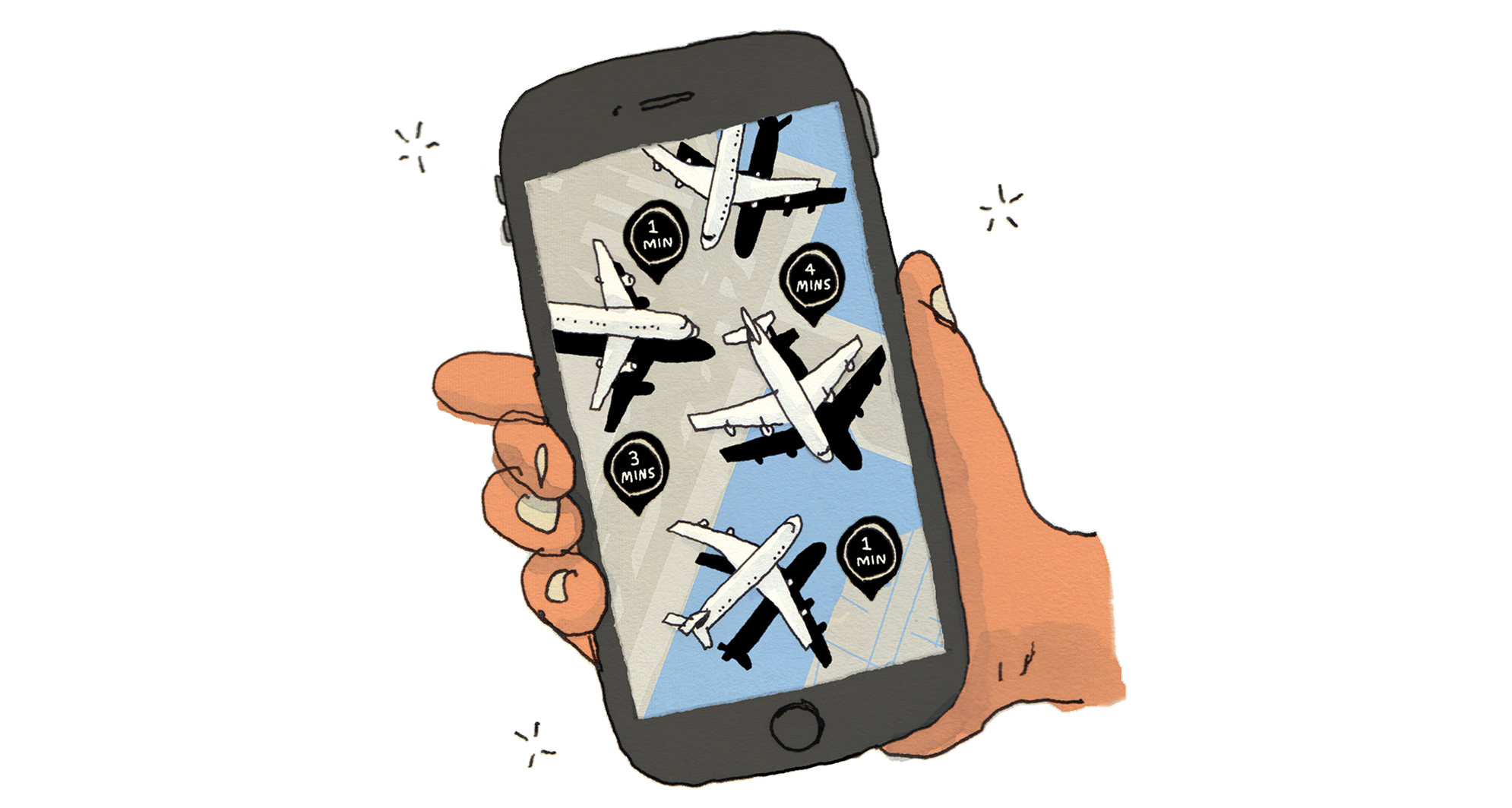One of the most difficult businesses to run is an airline. For starters, there’s an enormous amount of domestic government interference. Then there’s the extreme difficulty of expanding into international territories due to various regulations and the dependency on external factors (e.g., fuel) that can disrupt the economics of the entire business. And don’t forget weather, which can cause a logistical nightmare of delays and cancellations. When you dig deeper, you also realize that the airline industry is one that doesn’t make its own product. Airlines are dependent on outside vendors—Boeing, Bombardier, GE Aviation—to provide them and their competitors with similar offerings. It’s very difficult to stand out when the planes are so similar.
All this aside, though, the single-largest problem—and also opportunity—airline companies face over the next five years comes down to data.
Early on, the airlines, lacking an understanding of technology, outsourced much of the sales and marketing to various travel agents and booking services. Similar to the problems facing the hotel industry, the airlines were losing the most valuable aspect of the customer journey: the data. Only now are we seeing airlines with somewhat upgraded websites and apps to follow us on the journey and stay in contact—but it’s largely too little, too late. Much of this is due to legacy systems that were unable to be modernized fast enough. The only major pivot airlines can now make is into obsessive customer service.
Airlines will become vehicles for transportation, similar to the concepts of Uber and Airbnb. MikeD746, with his 4.9 stars and fleet of eight cars on Uber, is basically Delta, just as PinkButterfly33, with her seven apartments on Airbnb, is basically Hilton. The same setup will soon arrive for airlines.
New players, perhaps even a company like Google, are no doubt going to enter the market. They will use laser-focused data sets from SAP and other platforms to get involved in the overall experience of booking and arranging trips in the coming years. Companies that have the data will be the ones who will ultimately be selling travel and capitalizing on the market. When booking a flight, you’ll pick the time and type of service level—coach, business, first class—but the airline won’t be the main option. The airlines themselves will be forced to take a back seat.
We will all be airline agnostic; we won’t care which company the airline provider is, just the cabin and level of service. When we book a luxury car on Uber, it might be a Mercedes, Lexus, or BMW—we don’t know, or care, just like we won’t care which first class seat we book. The loyalty programs will lose their appeal and customer fidelity will fade away. The marketplace—via a rating system similar to those used by Uber and Airbnb—will dictate which airlines stick around. If it doesn’t provide a good experience, the airline will cease to exist.
Right now, we complain, but it’s to the airlines, and they block us out. Going forward, us consumers may lose a bit of micro-selection, but it will be well worth it, considering the experience will improve exponentially. The price will become less of a roll of the dice, too.

